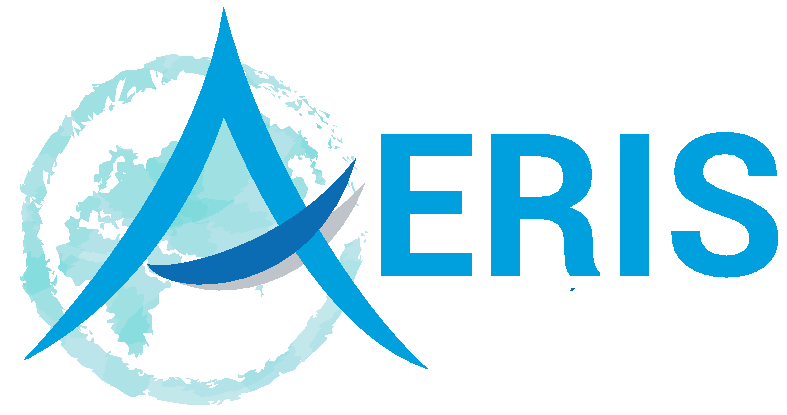The GEISA 2015 sub-database of line transition parameters involves 52 molecules (118 isotopic species) and contains 5,067,351 entries, in the spectral range from 10-6 to 35,877 cm-1.
Due to the fact that, for atmospheric applications, H2O and HDO have to be taken into account separately in the radiative transfer modeling (different vertical concentration may occur), and also considering their different symmetry properties, it has been decided to consider HDO as an independent molecular species in GEISA-2015. This option was already our choice for C2HD and CH3D. The new identification code for HDO is “51”.
SO3 is a newly added molecular species. The identification code of SO3 is “52”.
The included molecules are constituents of the atmospheres of Earth (major permanent and trace molecules) and of other Planets (such as: C2H4, GeH4, C3H8, C2N2, C4H2, HC3N, H2S, HCOOH and C3H4, for the Giant Planets). Among the 31 spectroscopic parameters archived in GEISA, the most important for atmospheric radiative transfer modelling are: the wavenumber (cm-1) of the line associated with a vibro-rotational transition, the intensity of the line (cm molecule-1 at 296K), the Lorentzian collision halfwidth (cm-1 atm-1 at 296 K), with associated self - pressure broadening parameter, the energy of the lower level of the transition (cm-1), the transition quantum identifications for the lower and upper levels of the transition, the temperature dependence coefficient of the halfwidth, the database management identification codes for isotopologues and for molecules.
